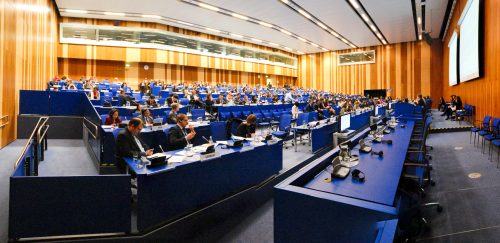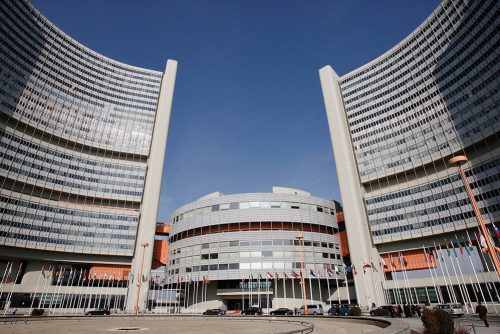National drug policies are bound by commitments to international law. The three key treaties shaping international law on drugs are:
The 1961 UN Single Convention on Narcotic Drugs
The 1971 UN Convention on Psychotropic Substances
The 1988 UN Convention against Illicit Traffic in Narcotic Drugs and Psychotropic Substances
The UN drug control conventions are binding agreements that require countries to ban the supply of controlled drugs for non-medical or scientific use. This is a primary barrier to drug policy reform at the national level. However, an increasing number of countries (e.g. Canada) are deviating from these restrictions by legalising cannabis.
What do the drug conventions say?
The UN drug conventions have two core goals: preventing the production, supply and use of specific drugs for non-medical or scientific purposes, and ensuring a limited supply of those ‘controlled’ drugs for legal use (e.g. pain relief). International systems of control over opiates, cocaine and cannabis existed before the conventions were created (starting with the ‘Hague Convention’ of 1912), but those earlier agreements were superseded by the 1961 UN Single Convention.
The 1961 Single Convention on Narcotic Drugs
This defined a number of substances (including opiates, coca-based products and cannabis) as ‘narcotic drugs’. It established a system by which such drugs were ranked according to harm, and placed in one of four ‘schedules’ reflecting their risks and potential medical benefits. It required all countries to outlaw the production, supply or transportation of those drugs for non-medical or scientific purposes. It also established systems for ensuring the regulated supply of those drugs for medical and scientific purposes.
The 1961 Convention established the Commission on Narcotic Drugs (CND) as the body responsible for guiding global policy and deciding on future amendments to the treaties. It also established the International Narcotics Control Board (INCB), to monitor the implementation of the treaty. The World Health Organization (WHO) was tasked with providing expert input to support decisions on scheduling new drugs, or reviewing and making recommendations for amending the drug scheduling.
The 1971 Convention on Psychotropic Substances
In the decade following the 1961 Convention, other drugs, including new stimulant drugs and psychedelics became increasingly prevalent. To consolidate control over these newer - and largely more ‘synthetic’ drugs, a second convention was approved.
Like its predecessor, the 1971 Convention established a drug scheduling framework and set out where specific drugs were to be placed within it. Confusingly, the 1971 Convention controls ‘psychotropic’ drugs, and the 1961 Convention controls ‘narcotic’ drugs, yet neither term has a coherent scientific meaning. For example, cocaine is regulated under the 1961 Convention while amphetamines are controlled under the 1971 Convention. Cannabis is controlled under the 1961 convention, while THC (the key psychoactive element of cannabis) is controlled under the 1971 convention. Even the UN Drug Control Programme (forerunner of the UNODC - see below), acknowledged that ‘the international classification into narcotic drugs and psychotropic substances according to whether the substance is governed by the 1961 or by the 1971 Convention has no conceptual basis’.
The confused definitions, as well as the creation of two parallel schedules, demonstrates the incoherence at the heart of the Conventions.
The 1988 Convention Against Illicit Traffic in Narcotic Drugs and Psychotropic Substances
Despite the intentions of the 1961 and 1971 conventions, drug use continued to rise and the global illegal drug market expanded into a multi-billion dollar industry. The 1988 Convention enhanced the enforcement-led approach, with a particular focus on organised crime. It specifically required countries to adopt criminal sanctions for activities relating to production, supply, trafficking and use of drugs (although non-criminal sanctions for minor offences specified in the 1961 treaty still applied). The previous conventions had been more flexible - requiring only ‘such legislative and administrative measures as may be necessary’ (1961) and ‘such measures as [the state]...considers appropriate’ (1971).
The 1988 Convention also required countries to confiscate proceeds of drug-related crime, while facilitating extradition between countries for drug-related offences. It also created new controls restricting manufacture and distribution of precursor chemicals, used to produce drugs scheduled under the 1961 and 71 conventions.



